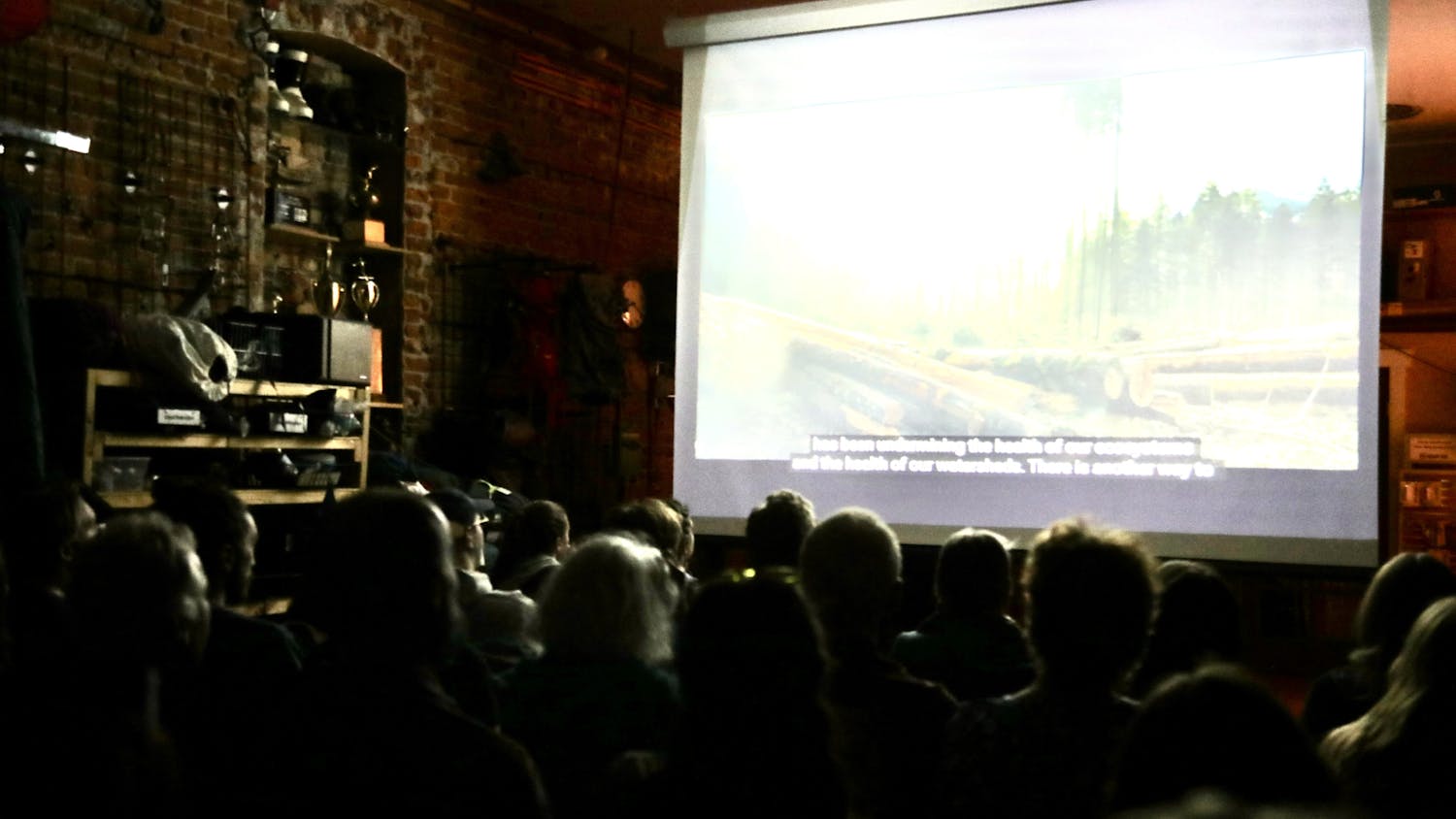Signing an open letter drafted by the environmental sustainability organization Second Nature, University President Sabah Randhawa dedicated Western to the environmental standards set forth by the Paris climate accord in early June. Western joined thousands of other schools, businesses and cities in the latest example of public action taken against the current presidential administration’s environmental policies.
President Donald Trump’s controversial decision to pull the United States from the international accord has been the center of much controversy since his announcement in May. Second Nature’s open letter aims to turn this momentum into action, Second Nature president Timothy Carter wrote in an email.
“This sends a strong signal that the goals of Paris will be a priority for the US, despite the lack of federal government's support,” Carter said.
A worldwide environmental action agreement, the Paris climate accord was signed in 2015 by almost every recognized country on Earth. It set a goal for those signatories to voluntarily strive for a reduction in rising temperatures. Each participating country set action plans on how they would cap the change in temperature at a two degrees Celsius increase by the end of the century in the hopes of preventing dramatic global climate shifts.
Signers of the Second Nature letter commit to the ideals set forth by the accord: reducing each participant’s carbon pollution, supporting interdisciplinary climate education and continued research to expand understanding of rapidly changing earth systems.
Huxley College of the Environment Dean Steven Hollenhorst expressed his concerns for the planet’s future in light of controversial environmental policy shift. “Climate is the existential crisis of our age,” Hollenhorst said. “I can’t think of another issue that is more important or will affect coming generations more than climate will.”
Huxley, as one of the leading environmental colleges in the country, shares a general feeling of purpose. This is reflected by the many measures Western has taken in the pursuit of sustainability, he said. The program’s research into aviation biofuel and the initiative to ban the sale of plastic water bottles across campus are just two examples of the college’s efforts.
He says that small changes in your everyday life can have large effects, but many look at the issue of environmental protection as a lost cause. Hollenhorst admitted he doesn’t think the Paris climate accord takes the necessary measures to undo the damage done to the climate, but he doesn’t believe the cause is hopeless.
Associated Students Environmental & Sustainability Programs Director Katie Winkelman shared a few ways to get involved on campus.
“Climate is the existential crisis of our age. I can’t think of another issue that is more important or will affect coming generations more than climate will.”
Steven Hollenhorst, Huxley College of the Environment Dean
The AS Environmental & Sustainability Programs offer many opportunities that could serve as a step to reaching Randhawa’s goal. From the Sustainable Action Fund, which funds student ideas that make the campus more sustainable, to The Outback Farm, a five acre farm teaching students sustainable land use practices.
Beyond the services which these programs provide, there are many other ways to get involved. “There’s a plethora of opportunities. We have tons of environmental clubs on campus for a wide variety of interests,” Winkleman said.
Eight different sustainability clubs on Western’s campus offer a range of specific focuses, from maintaining ocean beaches to restoring forest trails. There’s something for almost anybody, Winkelman said.
She shared that one of the most effective environmental clubs on campus, Students for Renewable Energy, has already made big strides to change the university’s environmental policy by urging the administration to divest from non-renewable energy .
“They actually sat down with President Randhawa and looked at how the university can move forward with more sustainable energy and how to divest from dirty energy practices,” she said.
These talks could lead to big changes in how the Western Washington University Foundation, an organization which manages over $75 million for the school, invests its money. By implementing environmental, social and governance criteria into its decisions, the foundation can better align their investments with the values of Western’s community, Students for Renewable Energy member Galen Herz said.
Environmental, social and governance criteria, a way to assess environmental responsibility, looks at an organization’s energy use, waste, pollution, resource conservation and animal treatment as indicators of its ecological footprint.
However, it’s important to look at this commitment with a skeptical eye, Herz said. “From my five years at Western, whenever the university has made great strides in sustainability, it’s because students pushed for it, and not because the administration did it on their own.”
With over 235 other colleges signed on to the letter, including Central Washington University and University of Washington Tacoma, Western is following in the footsteps of many of its collegiate peers.
“Many of the coalition signatories have taken significant steps already to reduce their climate impact, and this will continue to accelerate that progress,” Carter said.
Randhawa’s signature represents a major commitment on the part of the university, but if the students really want to see a change, it’s their job to hold Randhawa accountable to his agreement, Herz said.





